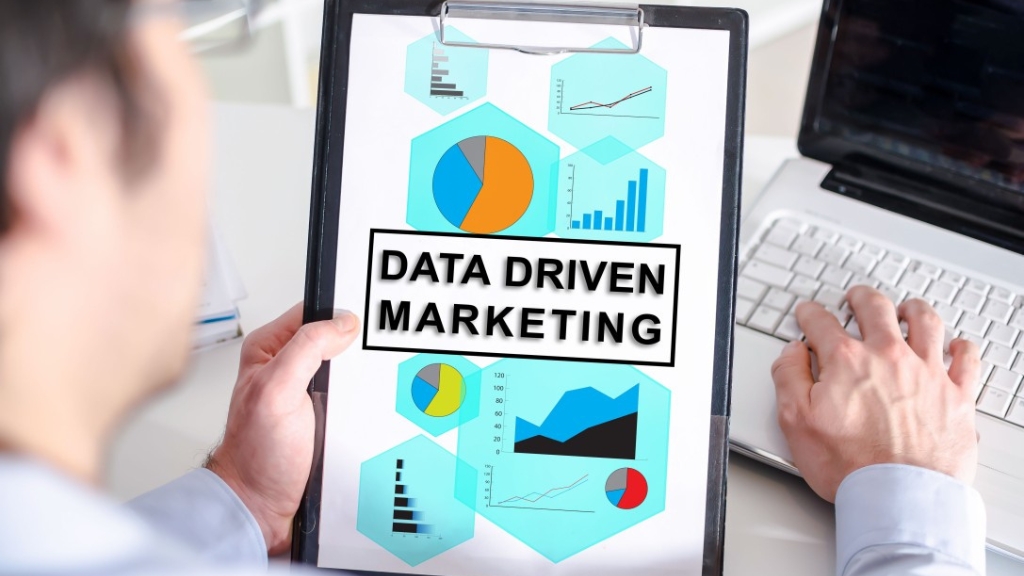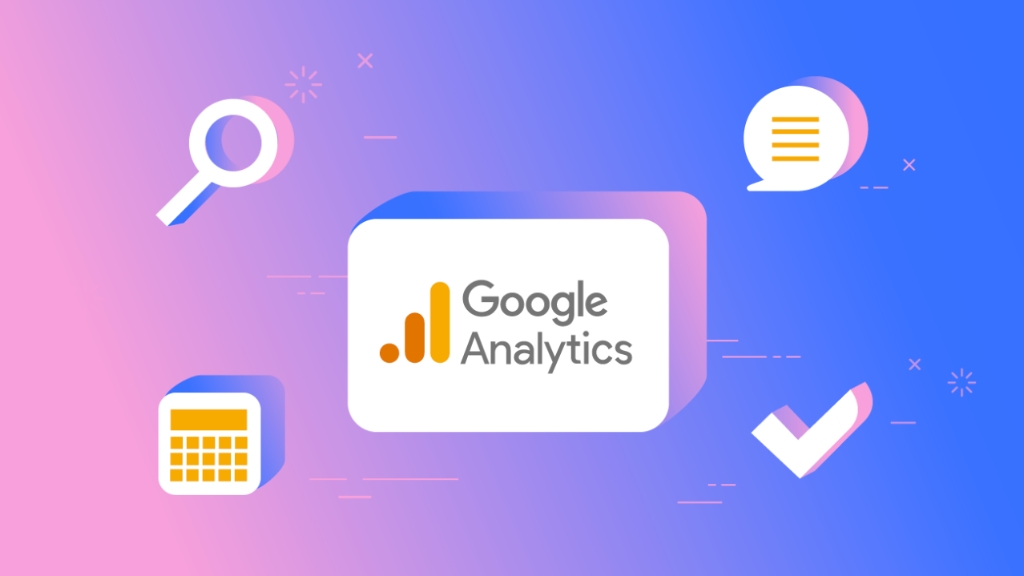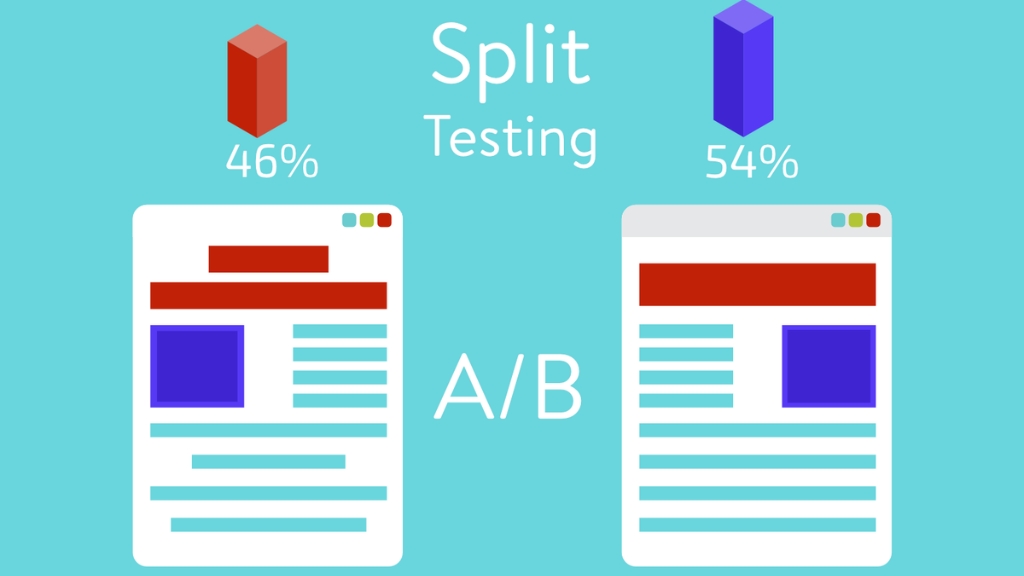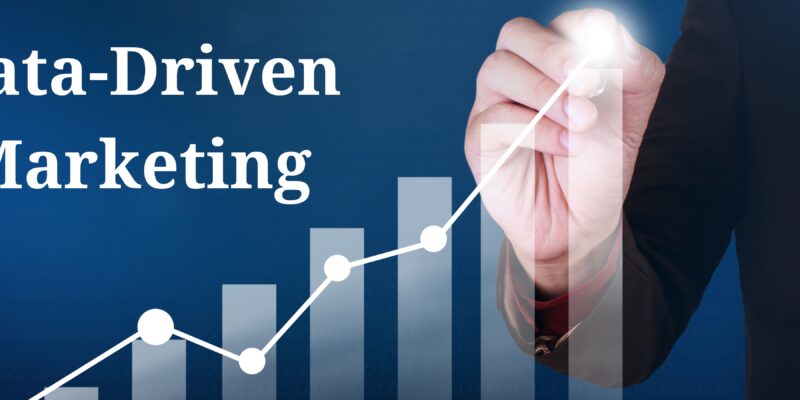| বাংলায় পড়ুন | Researchers and Reporters: Tanjil Fuad Ayesha Akhter |
We may observe how technology has impacted every aspect of life in our digital age. The same is true for the marketing division. Now, a lot of people would wonder how marketing has gone digital. Using data to inform marketing is the solution. In other words, data-driven marketing is the name of the latest revolution in the marketing industry. But Bangladesh is also experiencing a daily rise in demand for it. Let’s know what data-driven marketing is now and the reasons behind its adoption.
What is Data-Driven Marketing?
The use of data to guide marketing choices and customize the consumer experience is known as data-driven marketing. Enhancing marketing performance using data is the primary objective of data-driven marketing. Compared to other strategies, data-driven marketing is distinct. Fundamentally, data-driven marketing is a tactical strategy for business-to-business (B2B) marketing that makes use of data from previous campaigns, marketing technology, or other sources to increase marketing efficacy and assist in budget allocation.
Customers’ interactions, habits, and preferences are examples of this data, which is utilized to inform marketing choices, improve customer experiences, design campaigns, and formulate company plans.

Traditional vs. Data-Driven Marketing
Traditional marketing and data-driven marketing differ greatly. Marketing that does not involve any online activity is referred to as traditional marketing. In other words, marketers gather analytical data offline. However, how they can and will utilize it is severely constrained.
Conventional marketing typically uses focus groups to gather data. The prospects for this kind of marketing are usually limited, and gathering data is costly, time-consuming, and challenging. Traditional marketers frequently have to make decisions based on intuition and prior experience. because they are not guided by any evidence.
Digital technology is used in data-driven marketing, however. Consequently, it is now feasible to gather, analyze, and automate massive amounts of data. Because of this, marketers can now easily use data to make decisions about their campaigns based on consumer preferences. Furthermore, gathering and analyzing data is a rather simple process.

Why is data-driven marketing so important?
In recent years, data-driven marketing has gained popularity mostly because it facilitates and expedites marketers’ decision-making processes. Data is gathered and examined in a data-driven marketing strategy to gain a deeper understanding of consumer behavior. Using the data to inform judgments makes it much simpler to make the best choices. Let’s study it in greater detail.
- Helps in making decisions
With data-driven marketing, advertisers may adjust their campaigns to better suit the needs of their target audience. You may gain more insight into your target audience—the people who are most likely to make future purchases from you—by gathering and evaluating consumer data. Because data-driven marketing does not rely on guesswork or trial and error, it helps marketers save time and money. Data from Google Analytics, Semrush, Google Search Console, and other sources can be imported.

- Customization while enhancing the customer experience
Personalized and highly targeted campaigns can be made with the help of data-driven marketing. Craft communications that precisely address the requirements and desires of your customers, it assist you in comprehending their unique demands, preferences, and habits. For instance, while registering, users of the graphic design tool “Canva” are asked for their names to send customized emails. When consumers desire to use the platform, the tool asks them why. Based on the user’s possible needs, they can then offer guidance and assistance. Customers get a better experience with this method.
- Increases efficiency and return on investment (ROI)
The effectiveness of your marketing initiatives can be greatly increased by investing in data-driven marketing. Marketing KPIs, or key performance indicators, can be used to monitor what is effective and adjust future resource allocations accordingly. Metrics related to SEO, social media, email marketing, content marketing, website interaction, and advertising are also available. Use A/B testing (sometimes called split testing) if at all possible. By doing this, you may evaluate two solutions in the same scenario and determine which one works better.

In Conclusion
You can boost the success of your organization by using data-driven marketing. All clients typically see the same advertisement from traditional marketing, and it is impossible to identify who the real customers are. However, you have data that allows you to learn about the actual clients when you use data-driven marketing. In addition, there is the chance to customize marketing for potential clients.


























Comments